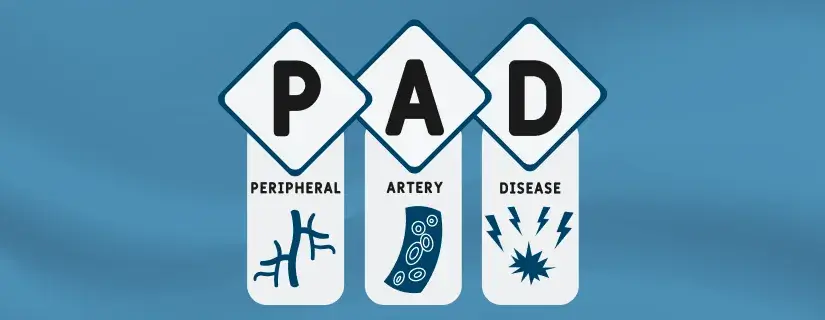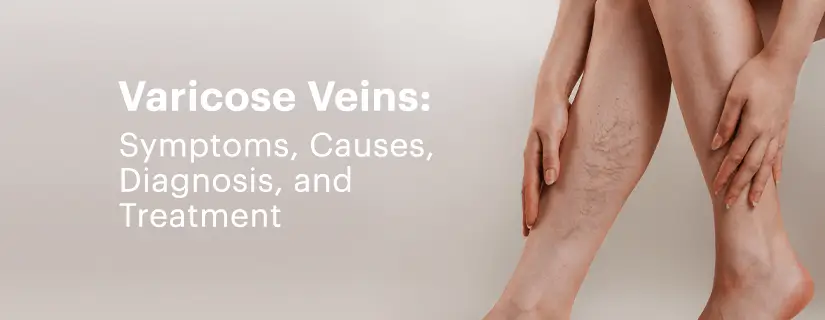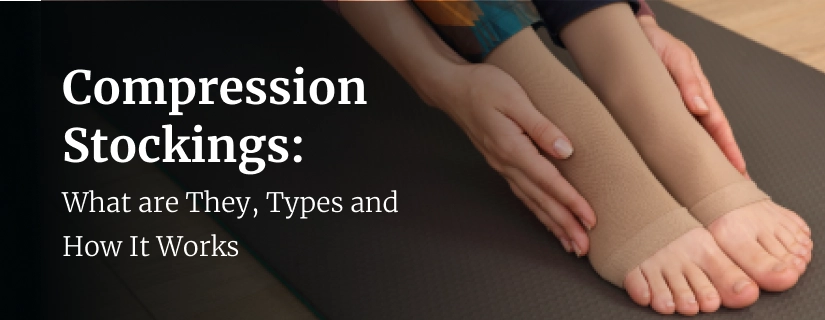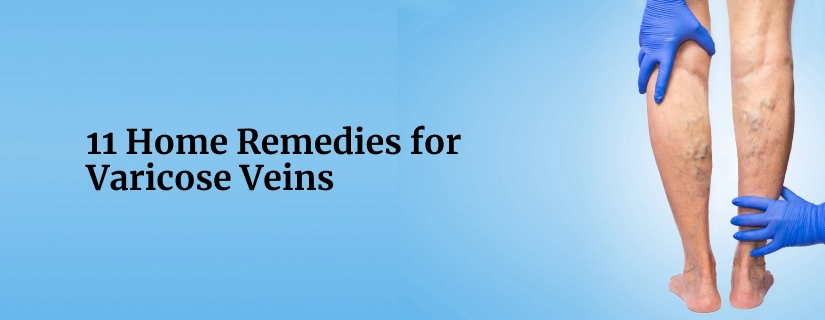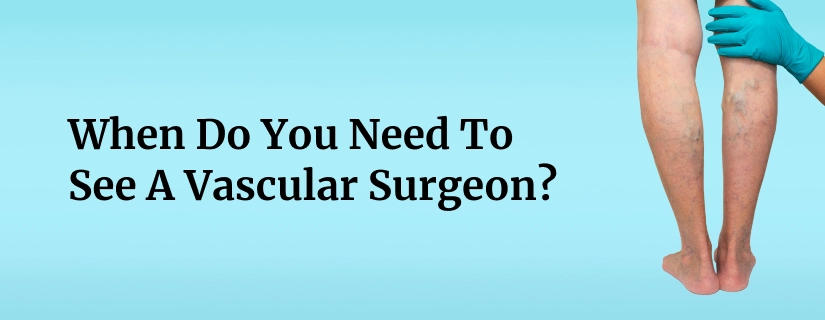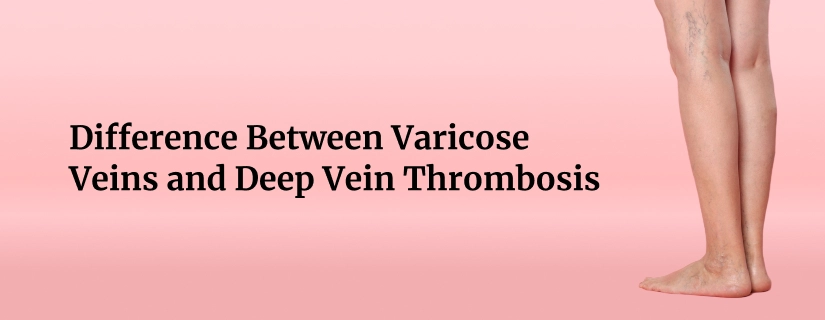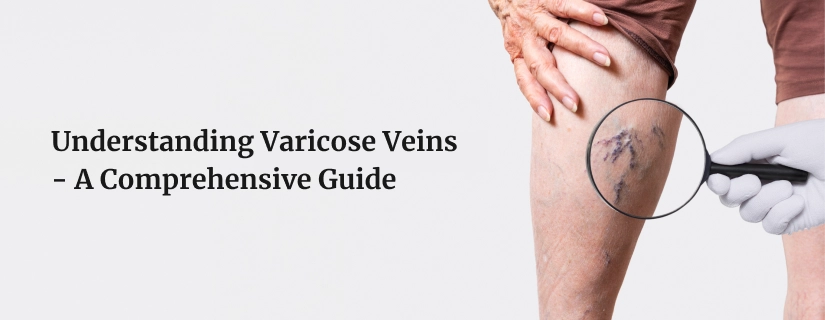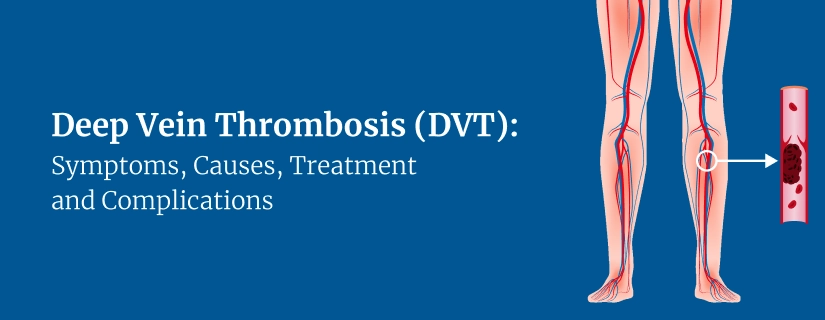-
Doctors
-
Specialities & Treatments
Centre of Excellence
Specialties
Treatments and Procedures
Hospitals & Directions HyderabadCARE Hospitals, Banjara Hills CARE Outpatient Centre, Banjara Hills CARE Hospitals, HITEC City CARE Hospitals, Nampally Gurunanak CARE Hospitals, Musheerabad CARE Hospitals Outpatient Centre, HITEC City CARE Hospitals, Malakpet
HyderabadCARE Hospitals, Banjara Hills CARE Outpatient Centre, Banjara Hills CARE Hospitals, HITEC City CARE Hospitals, Nampally Gurunanak CARE Hospitals, Musheerabad CARE Hospitals Outpatient Centre, HITEC City CARE Hospitals, Malakpet Raipur
Raipur
 Bhubaneswar
Bhubaneswar Visakhapatnam
Visakhapatnam
 Nagpur
Nagpur
 Indore
Indore
 Chh. Sambhajinagar
Chh. SambhajinagarClinics & Medical Centers
Book an AppointmentContact Us
Online Lab Reports
Book an Appointment
Consult Super-Specialist Doctors at CARE Hospitals
Steps to a Speedy Vascular Surgery Recovery
Updated on 23 September 2019
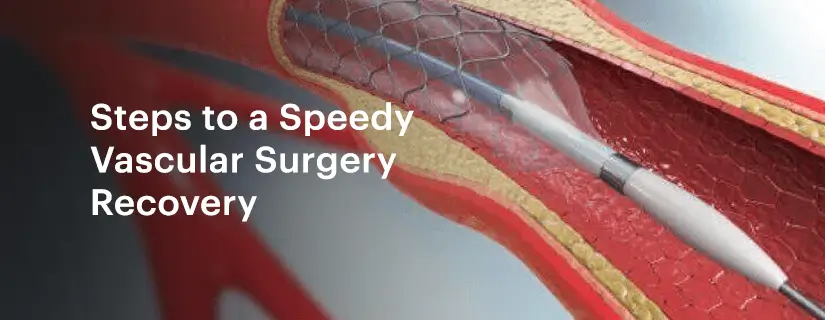
Surgery can be one of the most stress-inducing things that a person might go through but once it’s over, the sense of relief that comes along is incredible. The procedure getting over is no guarantee that the healing process is also over. Adequate post-operative care is crucial to speedy vascular surgery recovery. When you give your body everything that it needs for healing, not only will you recover faster but also feel an improvement in your overall health. Here’s all the post-surgery advice to kick your healing into high gear.
Provide Your Body with Nutrients It Needs
Proper nutrition is a vital part of healing. Since different notions about nutrition persist, knowing what to eat can be a challenging task. One thing that all nutrition experts swear by is a diet with loads of veggies and fruits. Keep in mind that processed foods might taste good but are actually stripped off their nutritional value. Protein, minerals, and vitamins are required for your body to heal properly.
Stay Hydrated
Drinking adequate water has a lot of benefits associated with it. Being well-hydrated not only helps the body absorb nutrients but also lowers your risk of developing blood clots. Additionally, it keeps your kidneys functioning. Dehydration, on the other hand, makes it hard for your heart to pump blood and harder to get rid of cellular wastes. If you are not fond of plain water, try making lemonade to stay hydrated throughout the day.
Get Active As Early As Possible
While resting is important post-surgery, you need to get moving as soon as you begin to feel better. Listen to your body, set goals and gradually move forward in your journey towards fitness. Moving keeps the blood flowing and joints active. If you feel discomfort or pain emerging again in the area being operated upon, talk to your doctor to seek his advice. Your doctor would instruct you as to what the intensity of the exercise must be and how often you must exercise to recover quickly.
Take Blood Thinners Carefully
Staying on blood thinners is important for patients who had undergone vascular reconstructions due to a blocked artery or vein. Aspirin, Plavix and Coumadin are the most common medicines prescribed. Your doctor would tell you of the correct dosing and you would have to get yourself monitored to ensure there’s no bleeding while taking any of these medications. It is important to follow the physician’s instructions from a reputed vascular surgery hospital to reduce the risk of clotting. By following the steps mentioned above, you can significantly fasten the vascular surgery post-operative care recovery process.

ENQUIRY FORM
SELECT CATEGORIES
-
Neurosciences (16)
-
Neurology (37)
-
Neurosurgery (14)
-
Orthopaedics (48)
-
Oncology (33)
-
Obstetrics and gynecology (51)
-
Pulmonology (23)
-
Urology (20)
-
Nephrology (13)
-
Psychiatry (7)
-
Dietetics and Nutrition (111)
-
General Medicine (63)
-
Cardiac Sciences (30)
-
Vascular & Endovascular Surgery and Interventional Radiology (10)
-
Gastroenterology (46)
-
Endocrinology (23)
-
Plastic Surgery (10)
-
Critical Care Medicine (5)
-
COVID-19 (16)
-
Dermatology (16)
-
Emergency Care (1)
-
Ophthalmology (4)
-
Pediatrics (14)
-
Laparoscopic and Bariatric Surgery (8)
-
ENT (15)
-
Kidney Transplant (1)
-
Liver Transplantation and Hepatobiliary Surgery (5)
-
General Surgery (3)
-
Internal Medicine (5)
-
Medicine Information
Major Lifestyle Changes to Manage Obesity
YOU MAY ALSO LIKE
RECENT BLOGS
-

Direct Anterior Approach in Total Hip Replacement: Advantages and Challenges
10 April 2025
Read More
-

Zinc Deficiency: Signs and Symptoms, Causes, Treatment
9 April 2025
Read More
-

Chest Pain When Coughing: Causes, Treatment and Home Remedies
9 April 2025
Read More
-

12 Health Benefits of Eating Mushrooms
8 April 2025
Read More
-

7 Health Benefits of Blood Donation You Should Know About
8 April 2025
Read More
-

Implantation Bleeding Vs Periods: Know the Difference
28 February 2025
Read More
-

Bloating During Ovulation: Symptoms, Causes and Remedies
28 February 2025
Read More
-

Itching During Dengue: Causes, Treatment and Home Remedies
18 February 2025
Read More
Have a Question?
If you cannot find answers to your queries, please fill out the enquiry form or call the number below. We will contact you shortly.


